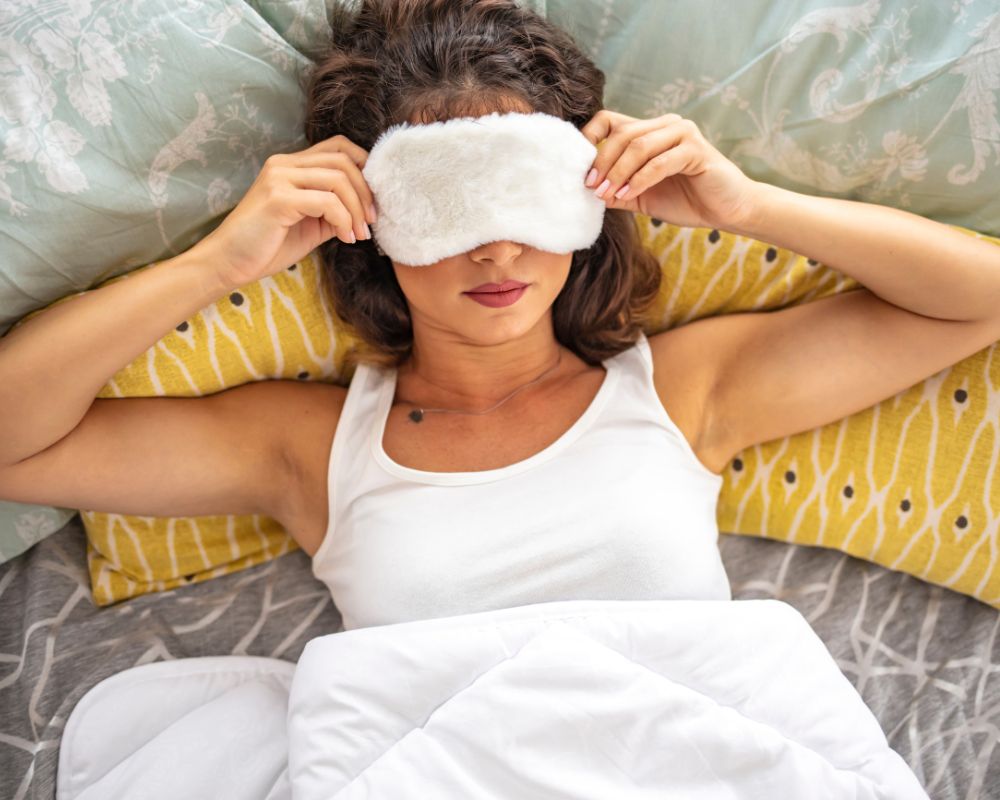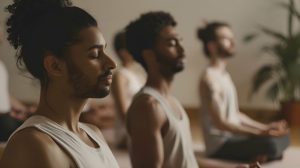You have recently returned home after a productive sound and meditation retreat. Reflecting on the time spent away, you suddenly realized that you slept much better during the retreat. Guess what? That is probably not a coincidence. Based on what we know about sound and its ability to impact sleep, it should be no surprise that a weekend spent in meditation and healing would also be a restful weekend.
Both sound healing and meditation retreats are known for their emphasis on relaxation and calmness. So many people don’t sleep well due to anxiety and stress. Help them relax and find inner peace, and you will also help them sleep. To that end, sound healing is a holistic and natural way to address not getting enough restful sleep.
The Body Needs Restful Sleep
As you know, the human body needs restful sleep. Periods of sleep allow the body to repair and rejuvenate itself. Quality sleep is associated with overall good health – both physically and mentally. On the other hand, not getting enough restful sleep has been linked to a variety of adverse health conditions.
Experts typically recommend getting 7-9 hours of sleep per night. Some people need a bit more while others can get by with a bit less. Either way, not getting enough restful sleep can impact so many areas of life.
Sound’s Impact on Sleep
So, what is the association between sound and sleep? As the Sleep Foundation explains, sleep occurs in multiple stages. Experiencing sound can impact all three stages in different ways. For example, certain sounds can interrupt peaceful sleep without a person even knowing it. Other sounds can help a person stay asleep. It really depends on the person and their exposure to sound when trying to sleep.
In a perfect world, we would all be able to sleep in a completely soundproof room devoid of anything that makes even the slightest sound. But no one truly lives that way. We are all exposed to some amount of sound, both during sleep and in the hours leading up to it.
Addressing Sleep Issues with Sound Therapy
Even though sound certainly can disrupt sleep, it can also help. Let’s start with the few hours leading up to bedtime. A bit of sound therapy could go a long way toward helping a person relax. A relaxed person is prepared for a better night’s sleep.
Sound therapy relies on different sounds and frequencies that help people relax. As the body and mind experience those frequencies, anxiety and stress levels drop. People feel more calm, more relaxed, and more in tune with themselves.
It is not possible to actively practice sound therapy during sleep, but that does not mean a person cannot utilize it passively. Indeed, some people find that they sleep much better when different types of sound are playing in the background. This includes nature sounds, white or pink noise, binaural beats, and even instrumental music.
Give Sound a Try
If you are struggling to get enough restful sleep on a nightly basis, we encourage you to give sound therapy a try. Maybe take a weekend sound and meditation retreat just to see how it goes. Sign up for individual or group sound therapy sessions in your local area. Maloca Sound is available if you live in the Salt Lake City region.
Sound therapy and meditation can help you relax. It can help you address the anxiety and stress that could be keeping you awake at night. Combined with soothing sounds playing while you sleep, sound therapy and meditation might be exactly what you’re looking for.





